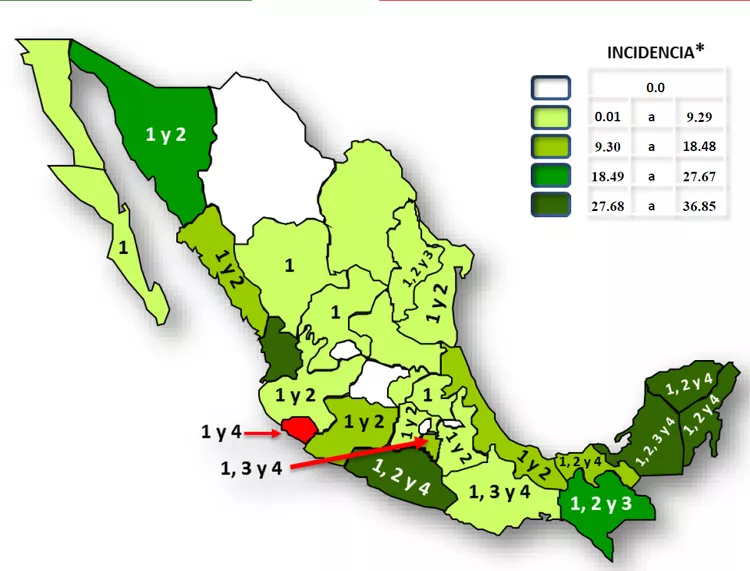1. Introduction
While the primary health concern for most travelers to Mexico is steering clear of Montezuma’s Revenge, there are additional illnesses you might encounter during your journey. Mosquitoes can transmit several serious diseases, including malaria, Zika, chikungunya, and dengue fever. These illnesses are prevalent in tropical and subtropical regions. Therefore, understanding the risks and how to prevent them can significantly enhance your travel experience.
2. What is Dengue Fever?
Dengue fever is a flu-like illness caused by the bite of an infected mosquito. There are four related dengue viruses, primarily spread by the bite of the Aedes aegypti mosquito, along with a less common vector, the Aedes albopictus mosquito, predominantly found in tropical and subtropical regions.
Symptoms of Dengue
The symptoms of dengue can vary from a mild fever to a debilitating high fever, typically accompanied by:
- Severe headache, muscle, and joint pain
- Rash
- Gastrointestinal issues
These symptoms may manifest between three days to two weeks after being bitten by an infected mosquito. Consequently, if you feel unwell after your trip, it’s essential to inform your doctor of your travel history for accurate diagnosis and treatment.
3. Dengue Fever Treatment
Currently, there is no specific medication to treat dengue. Individuals suffering from this illness should focus on getting ample rest and can take acetaminophen to reduce fever and alleviate discomfort. Staying hydrated is also crucial to avoid dehydration. Generally, dengue symptoms resolve within about two weeks, although some individuals may feel fatigued for weeks thereafter. While dengue is rarely life-threatening, it can occasionally progress to dengue hemorrhagic fever, which poses serious health risks.
4. Other Mosquito-borne Illnesses
Dengue fever shares similarities with Zika and chikungunya, primarily in transmission methods. The symptoms may overlap, but dengue typically causes higher fever. All three diseases are managed similarly—with rest and medication for symptom relief—yet no specific medications target them, making precise diagnosis less critical.
5. How to Avoid Dengue Fever
There is currently no vaccine available for dengue fever. Therefore, prevention revolves around avoiding mosquito bites. Essential preventive measures include:
- Using mosquito netting and installing screens on windows.
- Wearing clothing that covers your skin when outdoors.
- Applying insect repellent that contains DEET (at least 20%), reapplying it periodically, especially if sweating.
Mosquitoes breed in standing water, which makes rainy seasons particularly conducive to their proliferation. Consequently, local initiatives that educate communities about eliminating standing water can significantly contribute to reducing mosquito populations.
6. Dengue Hemorrhagic Fever
Dengue Hemorrhagic Fever (DHF) is a more severe variation of dengue. Individuals who have been infected with one or more types of the dengue virus have a heightened risk for developing this serious condition.





